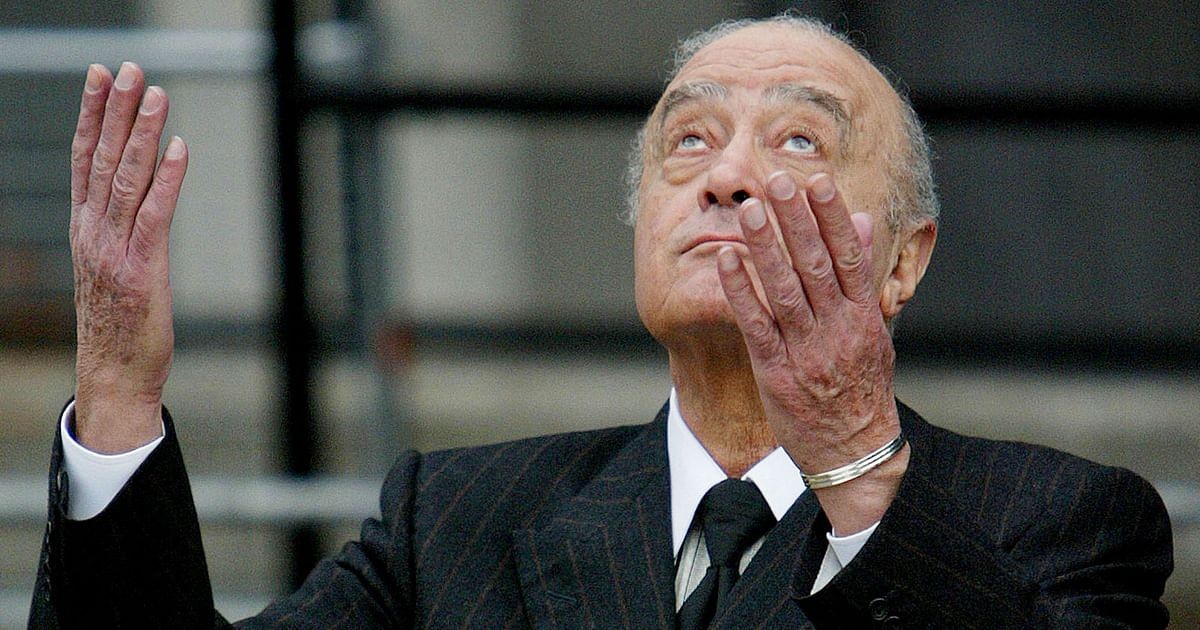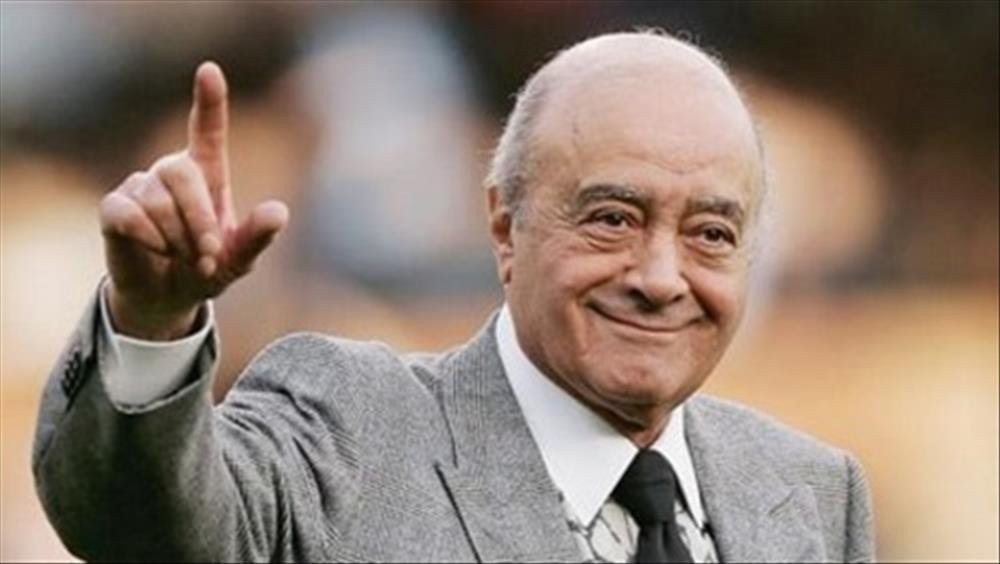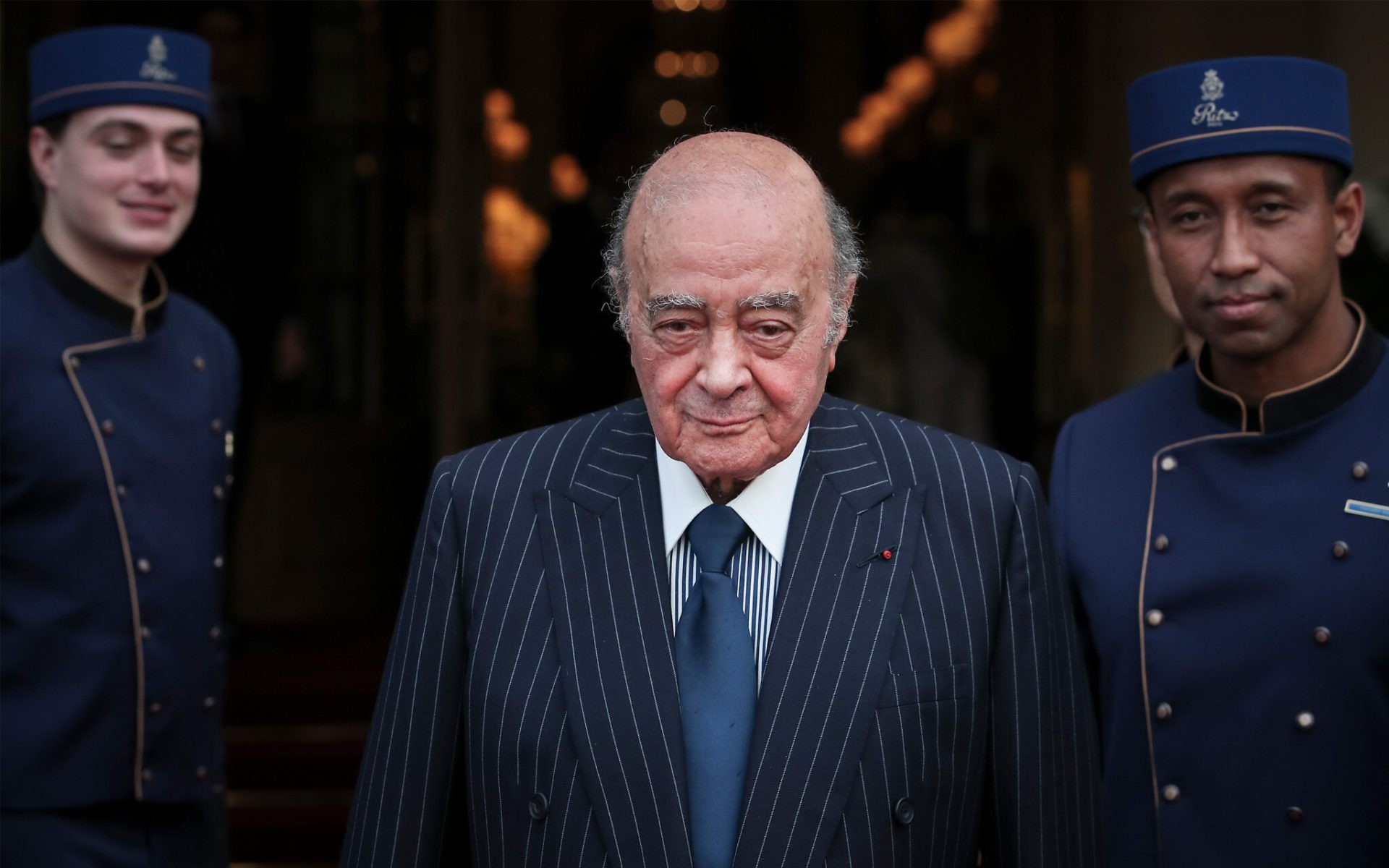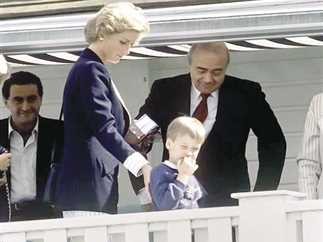Mohamed Abdel Moneim Al-Fayed was born on January 27, 1929, in Alexandria, Egypt, and passed away on August 30 in London, England. In his youth, Al-Fayed held several jobs and worked at the Port of Alexandria as a goods laborer, moving between various occupations. He married Samira Khashoggi, a writer and sister of the Saudi businessman and arms dealer Adnan Khashoggi. At the time of his death, his wealth was estimated at 2 billion dollars.

Al-Fayed amassed a considerable fortune after working with Adnan Khashoggi and later with Sheikh Rashid in Dubai. He was instrumental in developing the port of Dubai, constructing docks that breathed life into the area and made it a global hub for ships and foreign oil extraction companies, thereby contributing to his vast wealth. An agreement with Sheikh Rashid entitled Al-Fayed to 20% of the oil revenue and put the management and responsibility of the port under his control for 25 years. This venture, among others, contributed to Dubai's historical transformation. Afterward, he moved his operations to Britain, where he settled in 1974, purchasing the Dorchester Hotel in London, the Ritz in Paris, the Duke of Windsor's mansion in Paris, and the famous Harrods department store in London, which he later sold in May 2010 to the ruling family of Qatar. He also owned the well-known Fulham Football Club in London.
Al-Fayed’s entry into the British financial market was marked by his victory in the House of Fraser deal, which included the famous Harrods store, defeating his old friend Tiny Rowland, owner of The Observer newspaper. This victory sparked a feud, with his rivals using it as an opportunity to discredit him. The battle reached the courts and lasted for years, with Al-Fayed ultimately prevailing.

Despite owning several properties in the UK and making significant investments in the country, Al-Fayed, who had four children with his Finnish wife, repeatedly had his British citizenship applications denied due to questions about his integrity and the source of his wealth. Following his failure to obtain a British passport, he moved from London, where he had lived for 35 years, to Geneva in 2003.

Relations between Al-Fayed and the British royal family became strained after the death of his eldest son, Dodi, and Princess Diana in a car accident in the Alma tunnel in Paris. Al-Fayed accused British intelligence of orchestrating the incident due to the royal family's displeasure with Dodi and Diana's relationship, even implicating Prince Philip, the Queen’s husband, as the mastermind behind the accident.

Interestingly, despite his high profile, Al-Fayed remained distant from the activities of the Egyptian community in Britain, whether social, cultural, or political. Although he had his reasons for this, those who knew him closely described him as a simple, generous, affable, compassionate, light-hearted person, devoid of arrogance. He welcomed meetings with Egyptian public figures and media personnel visiting Britain and sometimes even guided them during their visits to Harrods. However, he harbored resentment due to the influence exerted on the Egyptian community in Britain by his late brother and friend, Ashraf Marwan, especially given that his arch-enemy, Tiny Rowland, was a close friend of Marwan.

Al-Fayed rarely mingled with Egyptians in Britain, contradicting many false narratives and actions attributed to him by those unfamiliar with his character.
May the soul of the late, dear Mohamed Al-Fayed rest in peace.
Comments